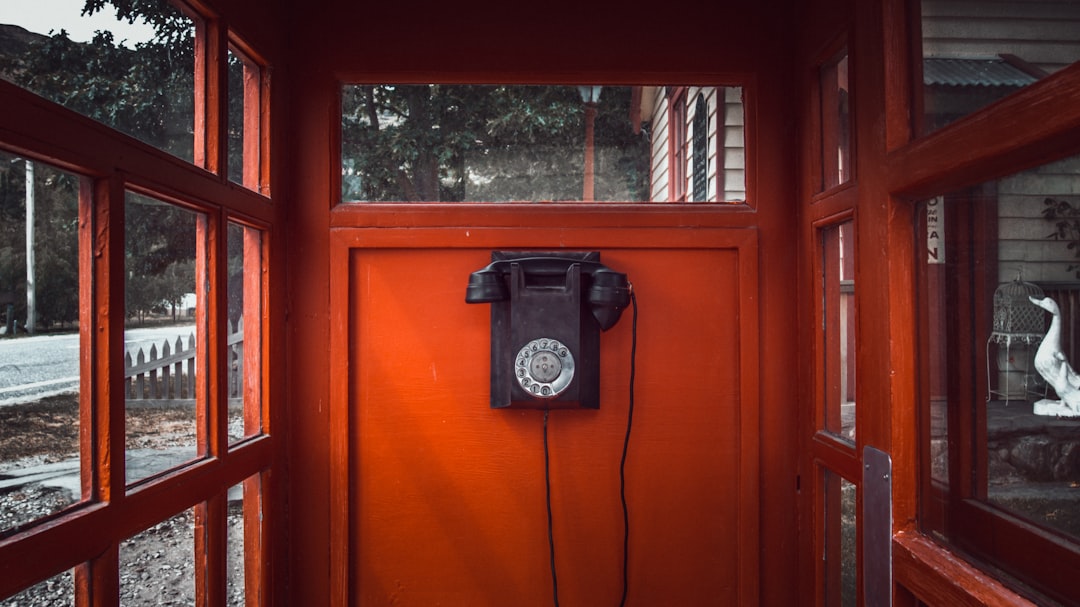Louisiana's consumer protection laws, including the Louisiana Consumer Protection Act (LCPA) and Spam Call Law (Telephone Solicitation Act), safeguard residents from unfair debt collection practices, such as spam calls, by empowering them to take legal action against violators. Consumers have rights, like requesting validation of debts and banning automated messages, with support from local Spam Call law firms, offering guidance, documentation assistance, and tailored solutions for harassment or abusive practices.
In Louisiana, consumers dealing with debt collectors face unique challenges. Understanding state laws like the Louisiana Consumer Protection Act and the Spam Call Law is crucial for protecting your rights. This guide breaks down key aspects of debt collection in Louisiana, including consumer protections, unfair practices, and legal resources. If you’re overwhelmed by debt collector calls, a Spam Call law firm in Louisiana can offer expert guidance tailored to state regulations.
Louisiana Consumer Protection Act: Debts & Collections

In Louisiana, consumer protection laws are designed to safeguard residents from unfair and deceptive practices in debt collection. The Louisiana Consumer Protection Act (LCPA) plays a pivotal role in this regard, particularly when it comes to debts and collections. Under the LCPA, it is illegal for debt collectors to engage in any fraudulent, false, or misleading practices when attempting to collect a debt. This includes making false representations about the character, amount, or legal status of the debt. Furthermore, the law restricts certain collection methods, such as spam calls, which are prohibited unless the collector has obtained prior consent from the consumer.
Louisiana’s Spam Call law firm regulations ensure that residents can enjoy peace of mind and privacy in their homes. If a debt collector violates these provisions, affected consumers have the right to take legal action against them. This not only provides a means of recourse but also serves as a deterrent for potential violators. By adhering to the LCPA’s guidelines, debt collectors can engage in fair and ethical collection practices, fostering trust and respect among Louisiana residents.
Spam Call Law: How It Applies in Louisiana

In Louisiana, the Spam Call Law, part of the state’s consumer protection legislation, plays a crucial role in safeguarding residents from aggressive and unwanted telemarketing practices. This law, also known as the Telephone Solicitation Act, restricts the methods and timing of phone calls made for commercial purposes. It specifically addresses the issue of spam calls by prohibiting call centers from using automated or prerecorded messages to market their services without prior express consent from the consumer.
Louisiana’s Spam Call Law firm specialists help residents understand their rights and take action against persistent spam callers. These attorneys guide consumers through the process of filing complaints with relevant authorities, seeking legal remedies for violations, and ensuring that their privacy is respected. By holding telemarketers accountable, the law promotes fair business practices and protects Louisiana folks from intrusive and annoying spam calls.
Legal Rights of Louisiana Consumers Against Debt Collectors

In Louisiana, consumers have legal rights that protect them from unfair or abusive debt collection practices. According to the Louisiana Consumer Credit Code, debt collectors must adhere to specific rules when attempting to collect debts. One significant protection is the restriction on certain methods of communication; for instance, debt collectors cannot call consumers at their workplaces if they have been informed that it’s inconvenient. Moreover, they are prohibited from making spam calls or using deceptive tactics to intimidate or harass individuals.
Consumers in Louisiana also have the right to request validation of the debt, meaning debt collectors must provide proof that the debt is legitimate and outline the amount owed. This empowers residents to challenge inaccurate or unverified claims. Additionally, there are time limits on debt collection efforts; if a debt isn’t paid within a certain period, collectors may no longer attempt to collect it, offering consumers breathing room to manage their financial affairs without constant pressure from debt collectors. For those facing overwhelming debt, consulting with a Louisiana spam call law firm can provide guidance and ensure these rights are protected.
Unfair Debt Collection Practices: What to Do in Louisiana

In Louisiana, unfair debt collection practices are regulated by state laws designed to protect consumers from aggressive and deceptive tactics. If you’re facing relentless phone calls, threatening letters, or other harassing behavior from debt collectors, it’s important to know your rights. The Louisiana Spam Call law firm plays a crucial role in helping individuals navigate these issues.
Consumers have the right to request validation of the debt, requiring the collector to provide proof of the amount owed and the original creditor. They can also place a dispute on their credit report, which can stop collection efforts while the matter is investigated. Documentation of all interactions with collectors, including dates, times, and content of communications, is essential in building a case against unfair practices. Consulting with a Louisiana Spam Call law firm can provide legal guidance and help you understand your options for resolving these issues effectively.
Enforcing the Louisiana Credit Code: Resources for Consumers

In Louisiana, the Credit Code outlines the rights and responsibilities regarding consumer credit and debt collection practices. Consumers facing debt issues can leverage these laws to protect themselves from unfair or abusive collection tactics. The Louisiana Attorney General’s Office plays a crucial role in enforcing these regulations, offering resources and guidance to help consumers understand their rights. They provide information on handling spam calls from debt collectors, ensuring transparency and accountability in the collection process.
For those seeking assistance, numerous non-profit organizations and legal aid clinics specialize in consumer protection, including debt collection matters. These entities offer free or low-cost services, helping consumers navigate the complexities of the Louisiana Credit Code. By utilizing these resources, individuals can assert their rights, negotiate with creditors, and even file complaints against violators, ensuring a fairer and more transparent debt collection environment.






